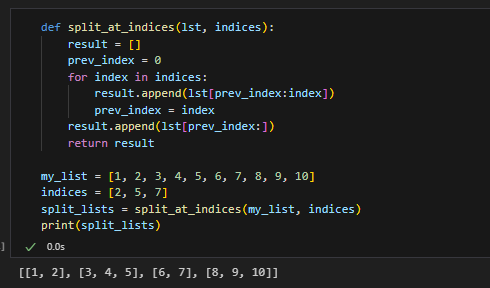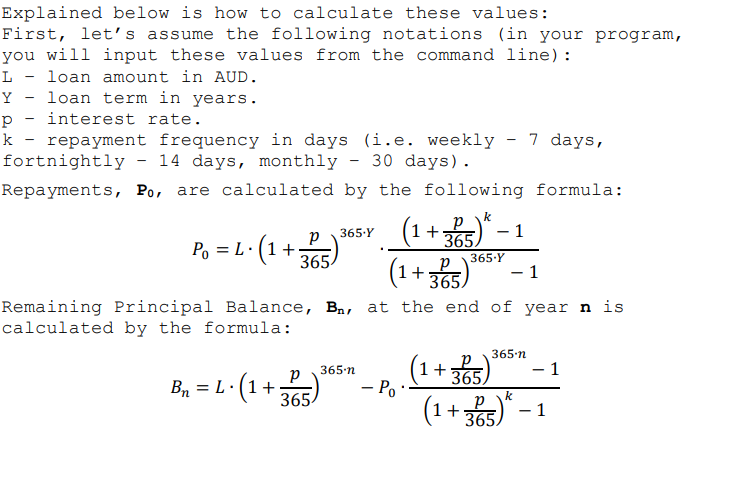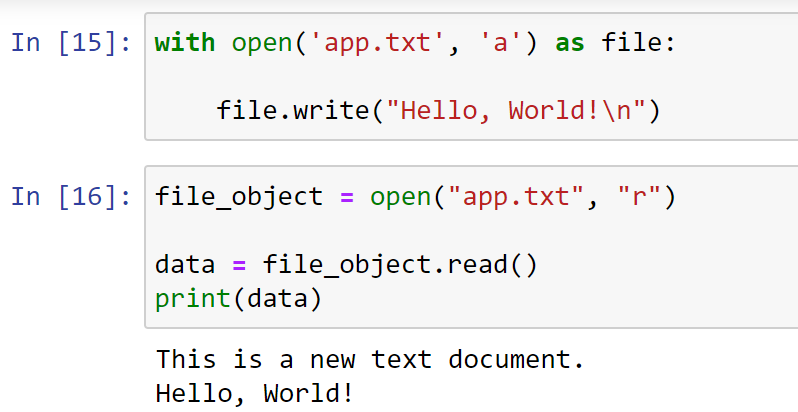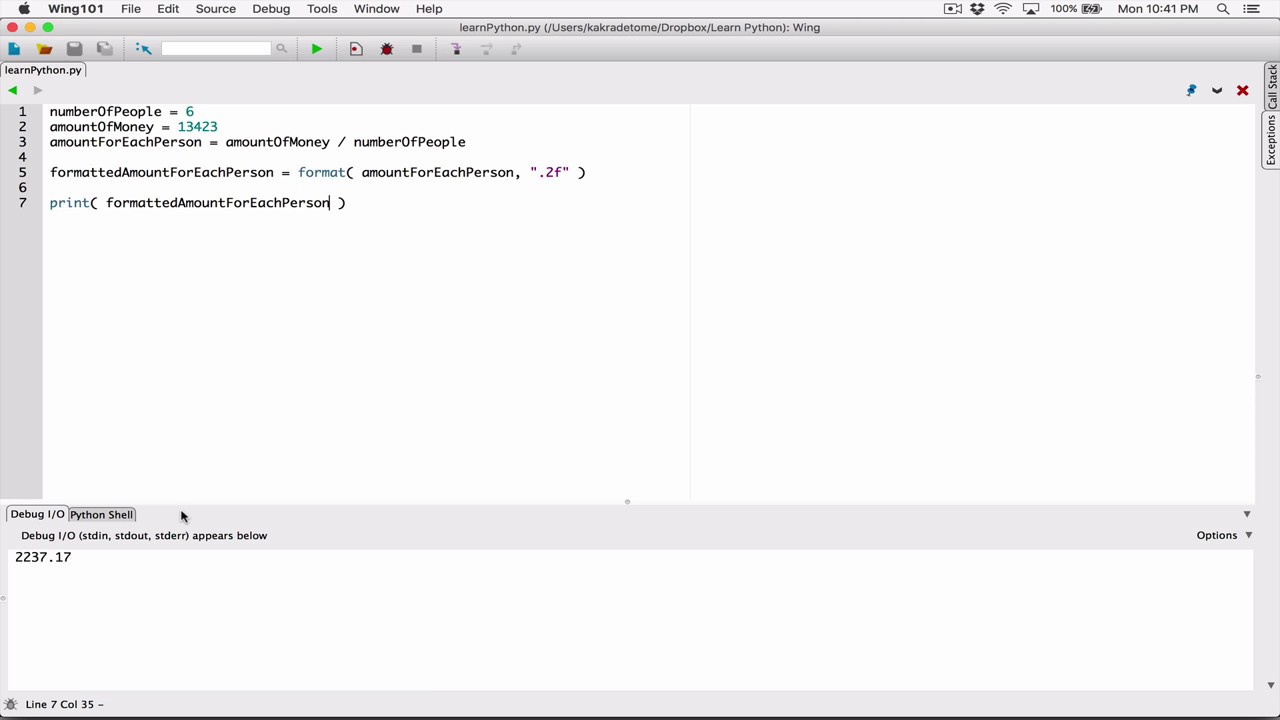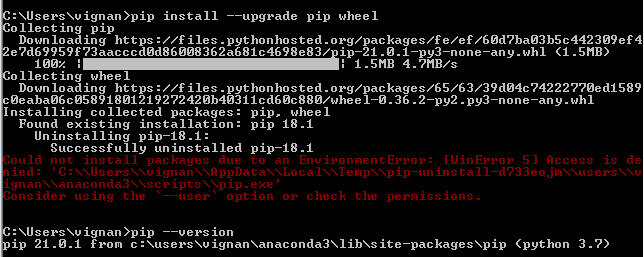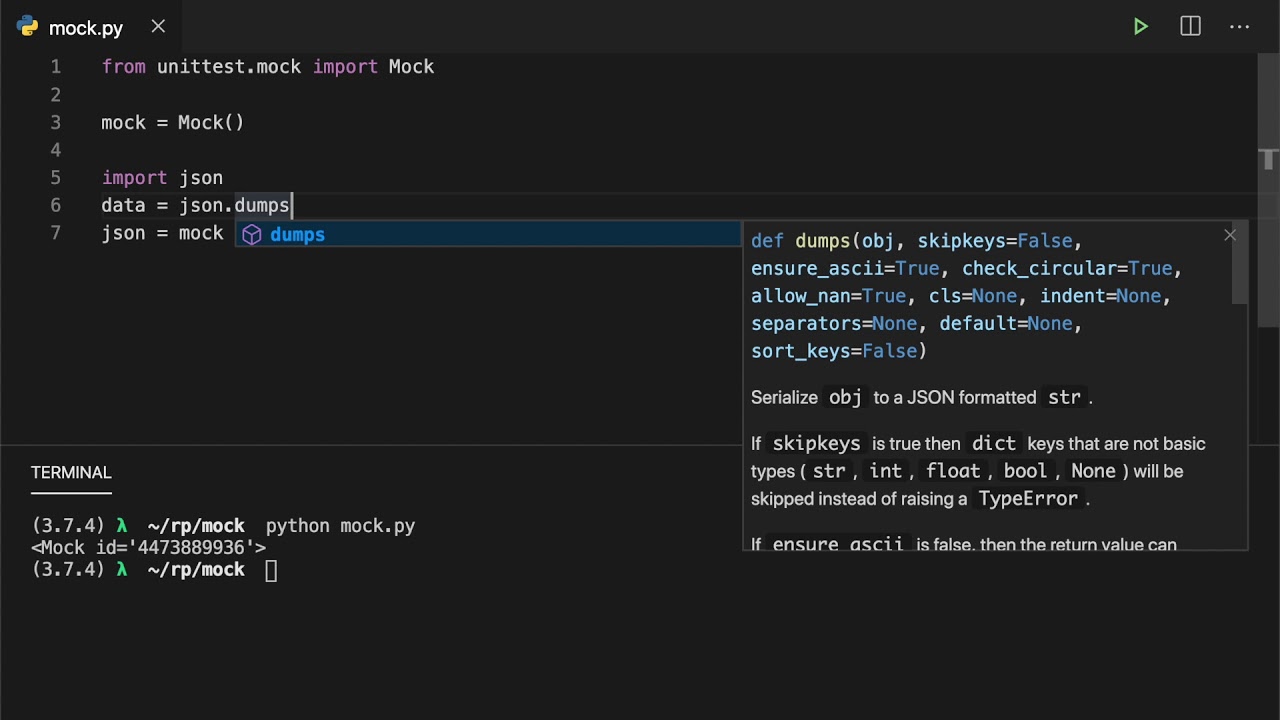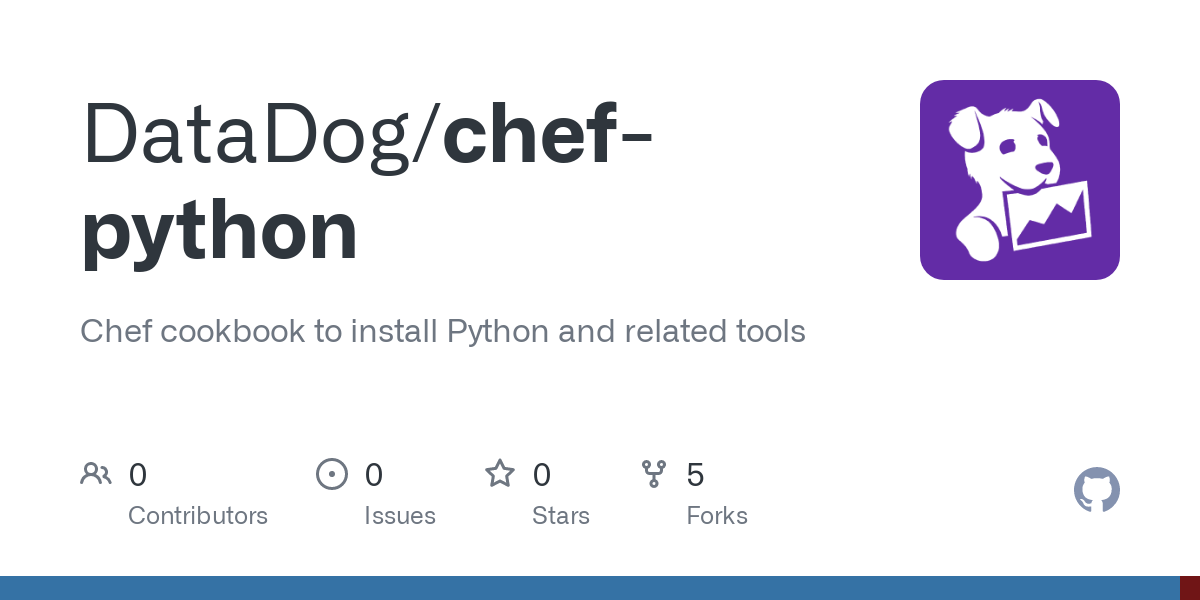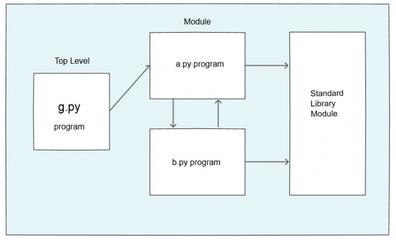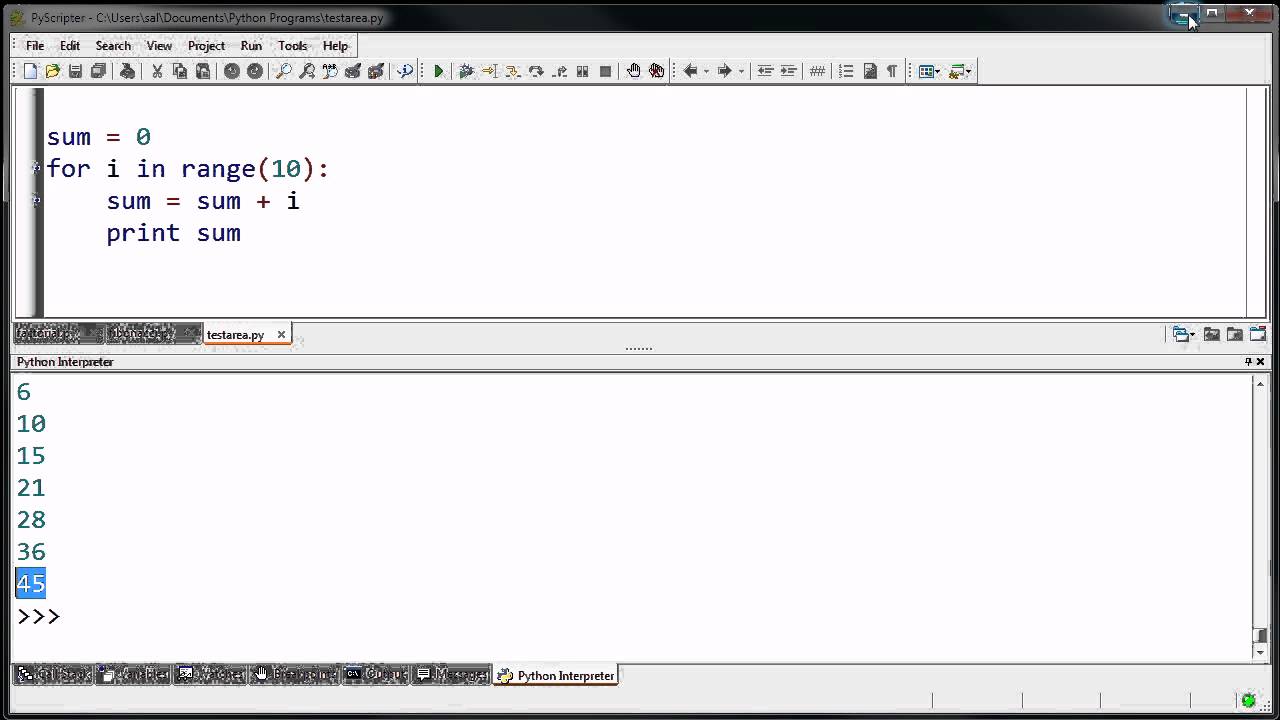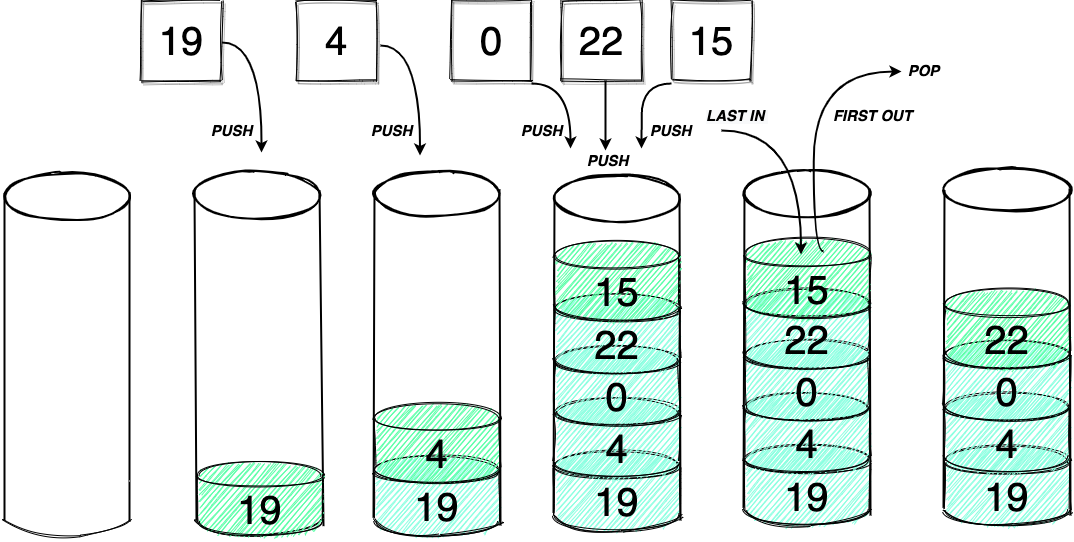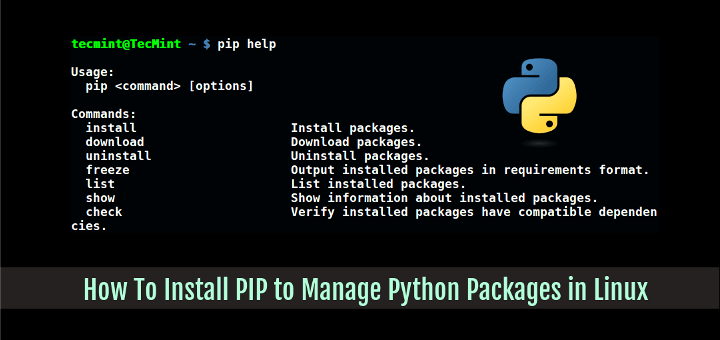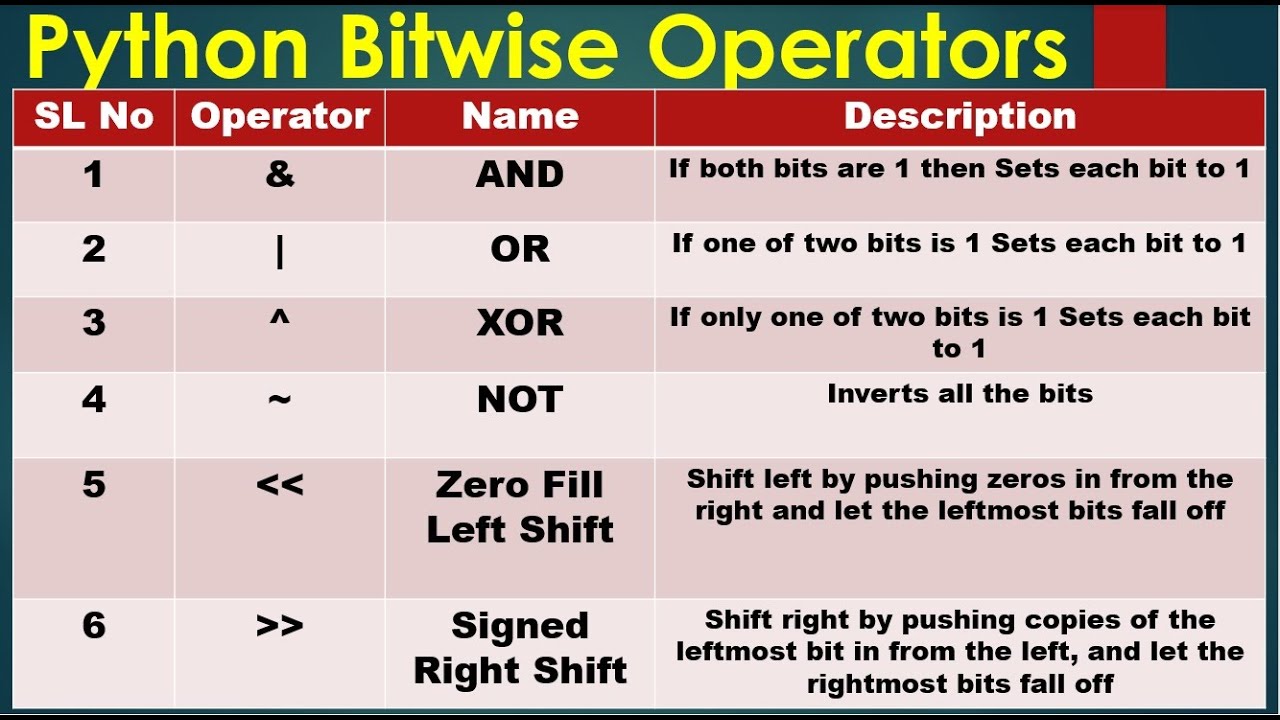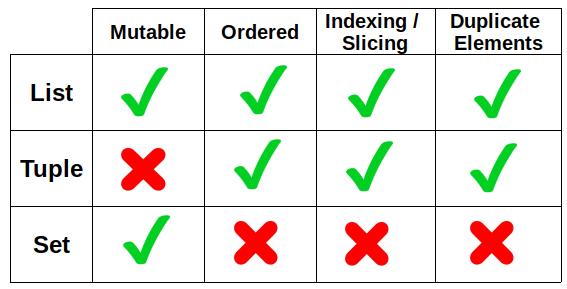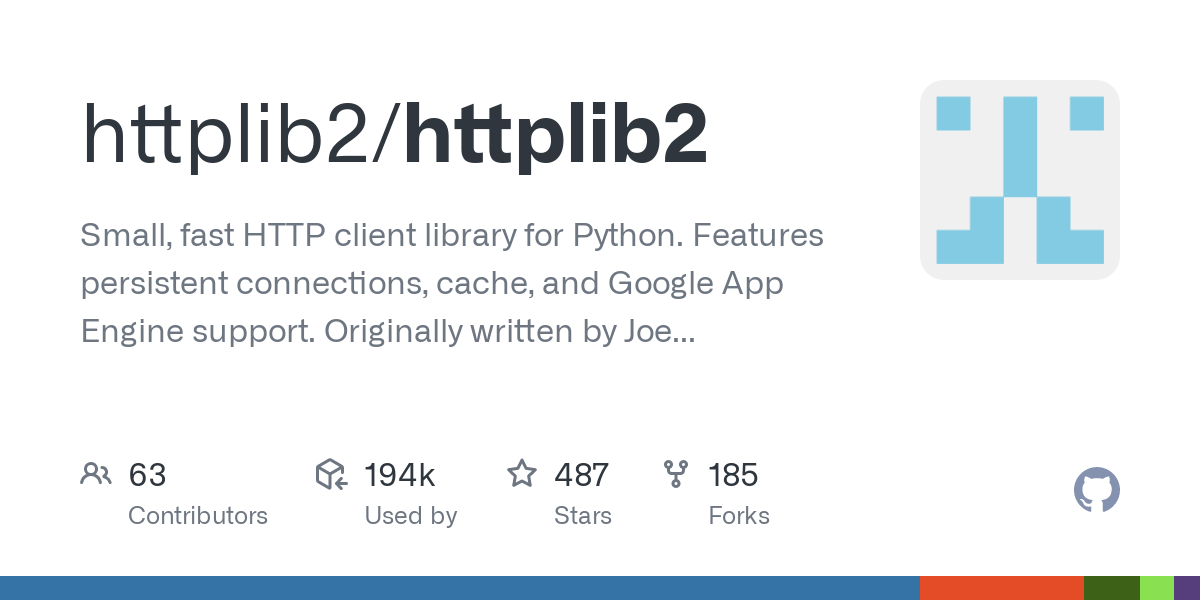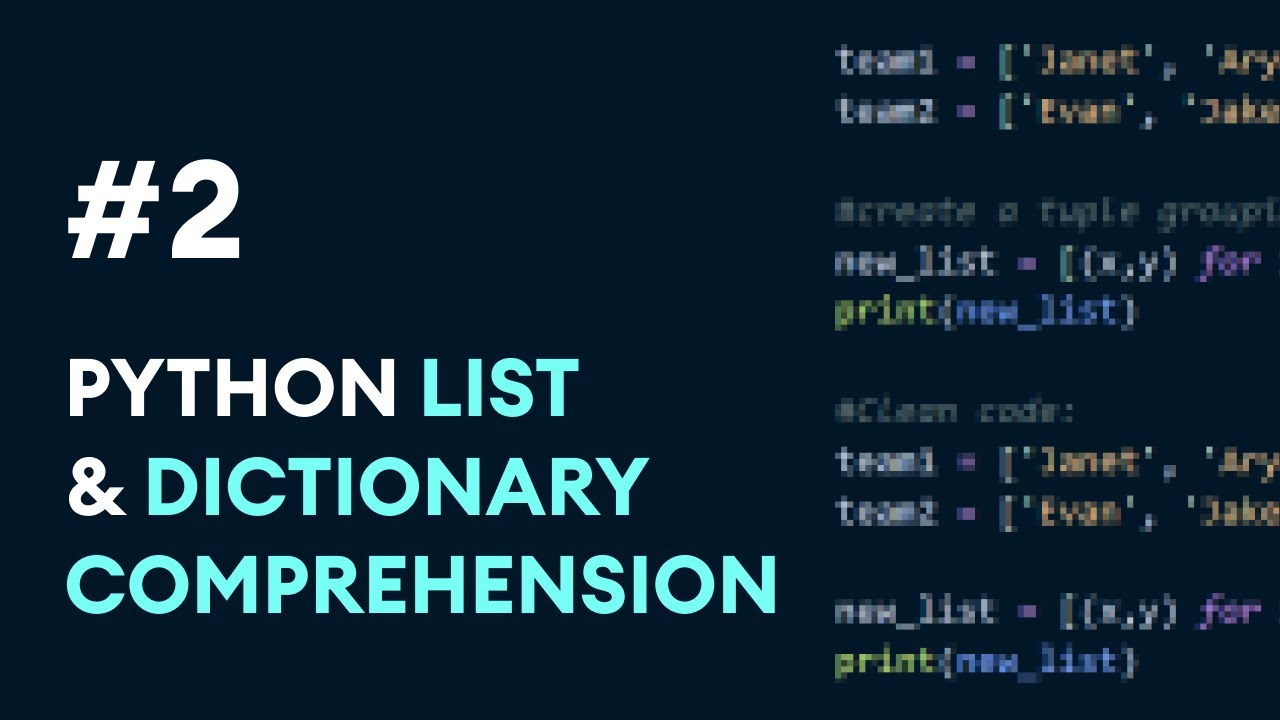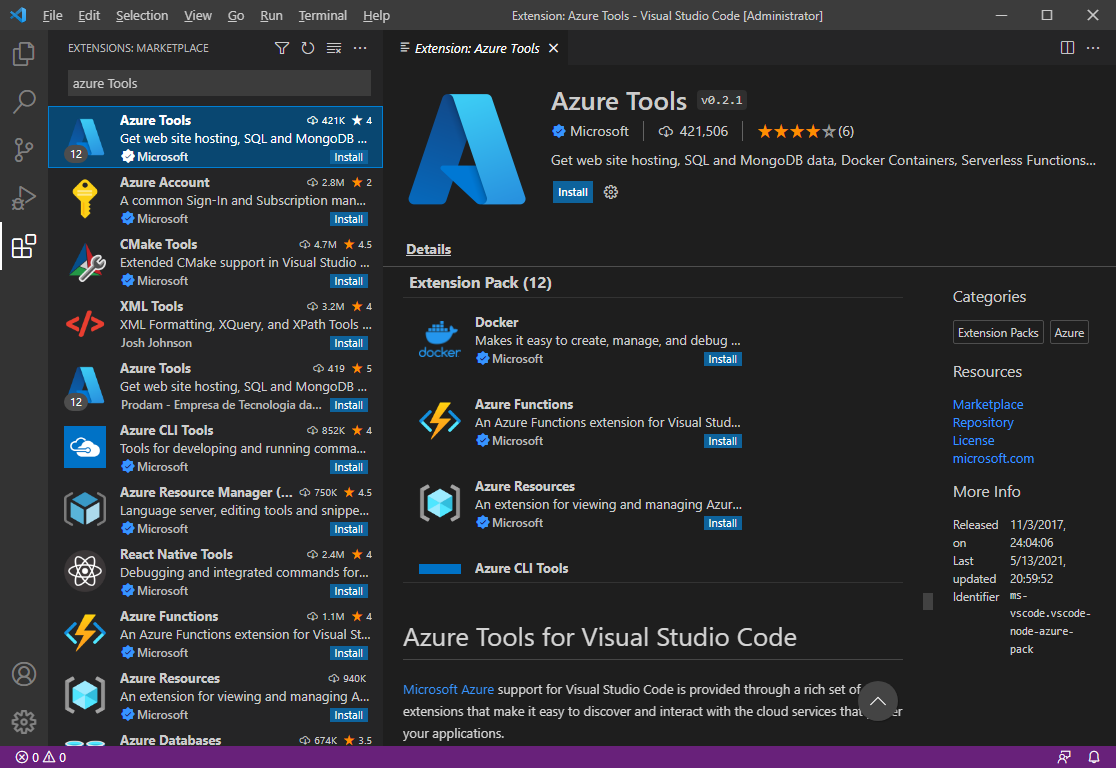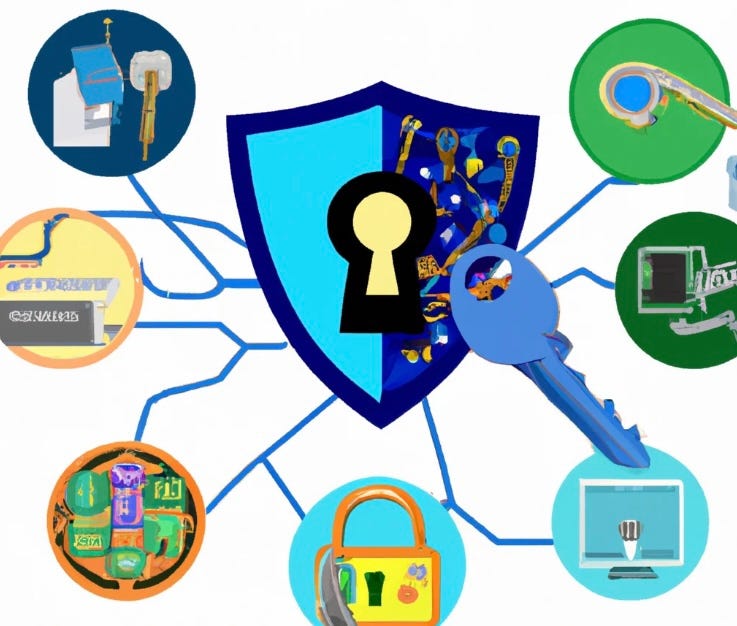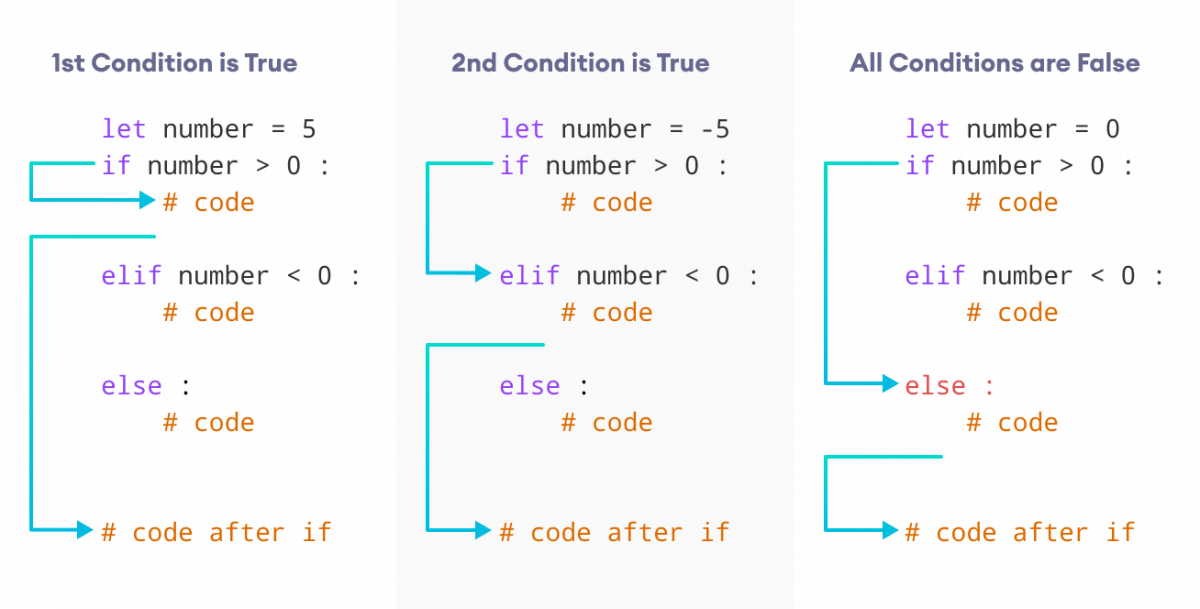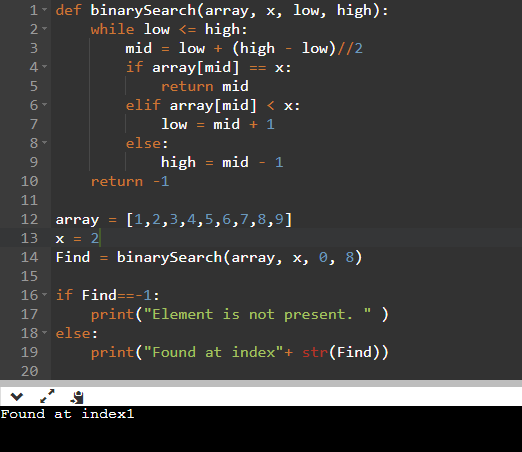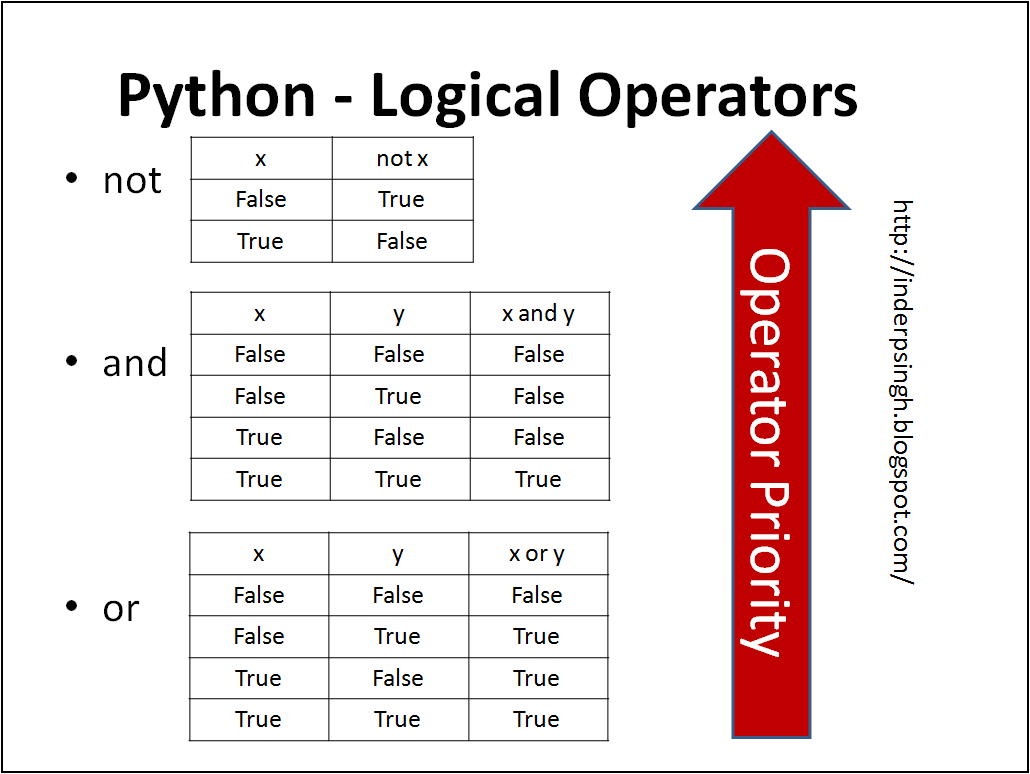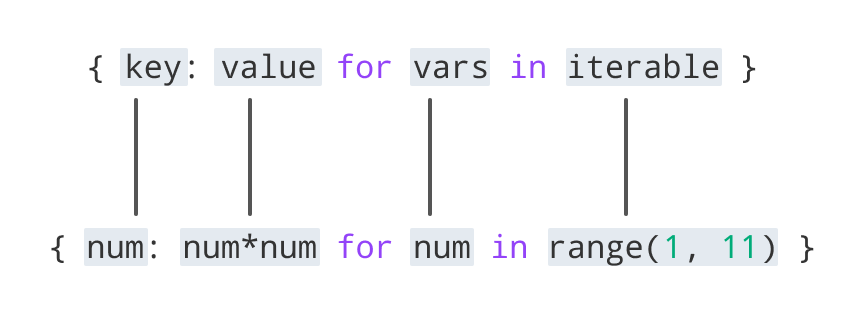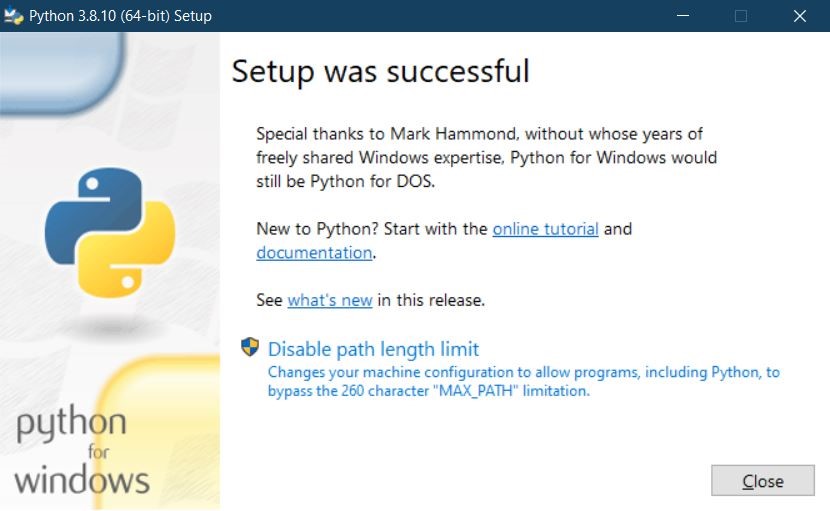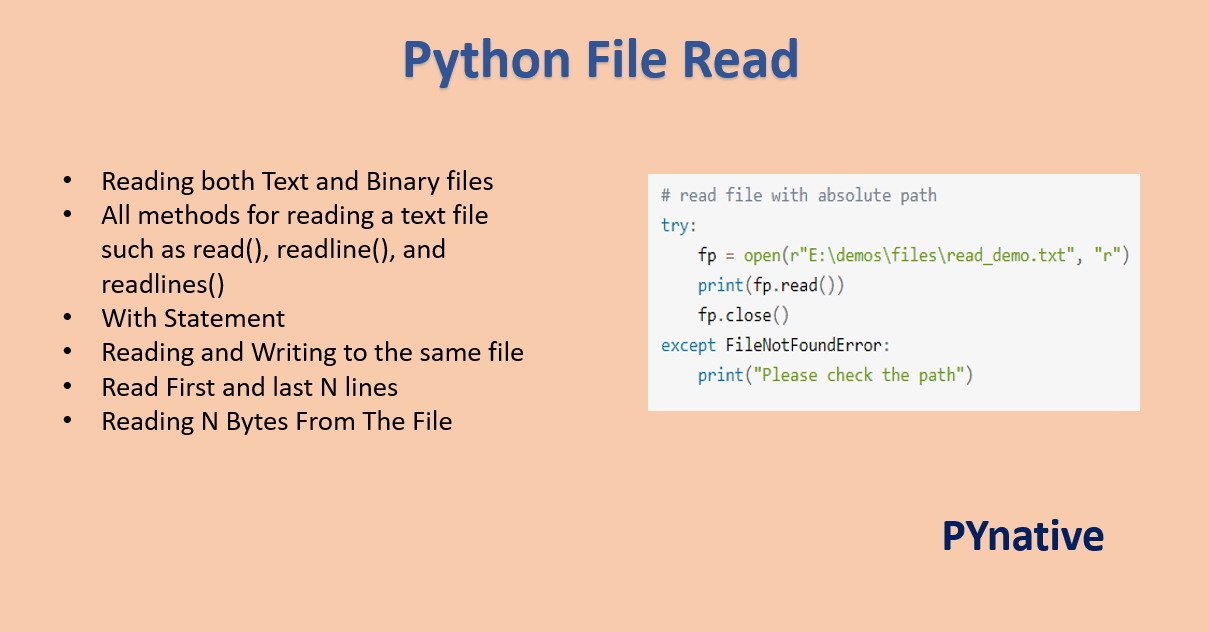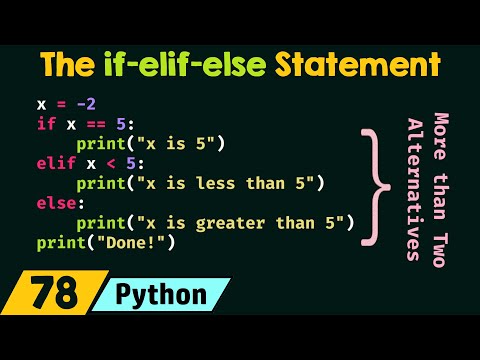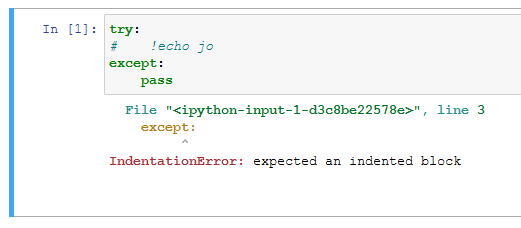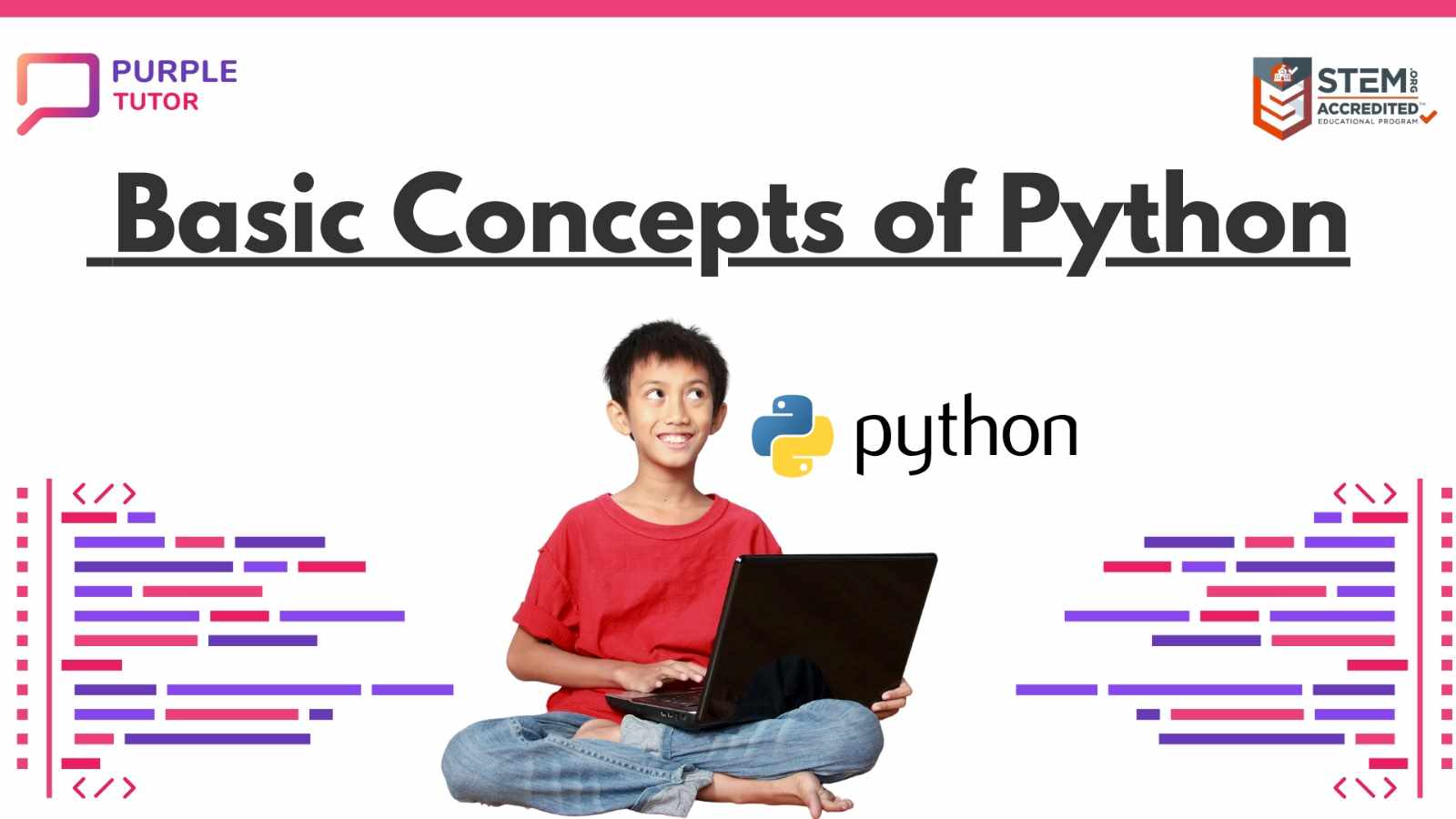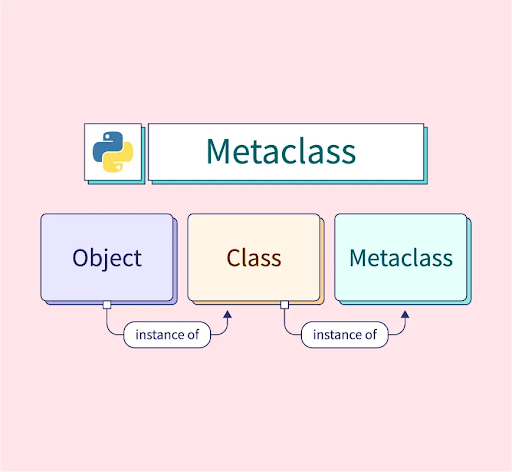How to start python programming for beginners reddit
How to start python programming for beginners reddit
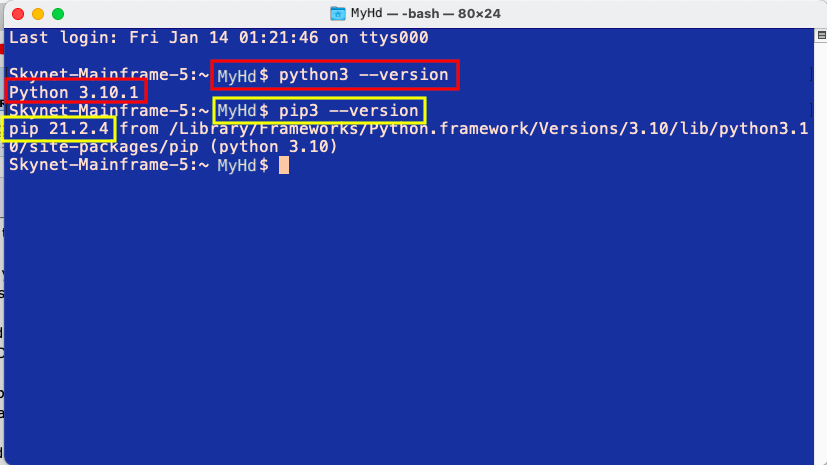
Starting Python Programming as a Beginner: A Comprehensive Guide
As a beginner, starting your journey with Python can seem overwhelming, but with the right guidance and resources, you'll be well on your way to becoming proficient in this powerful programming language.
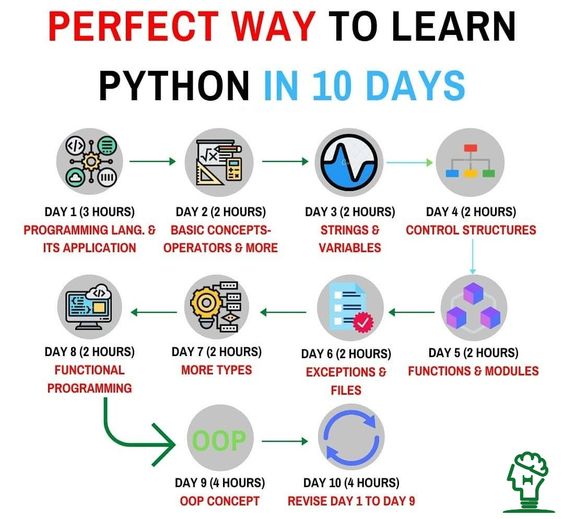
Step 1: Set up Your Environment
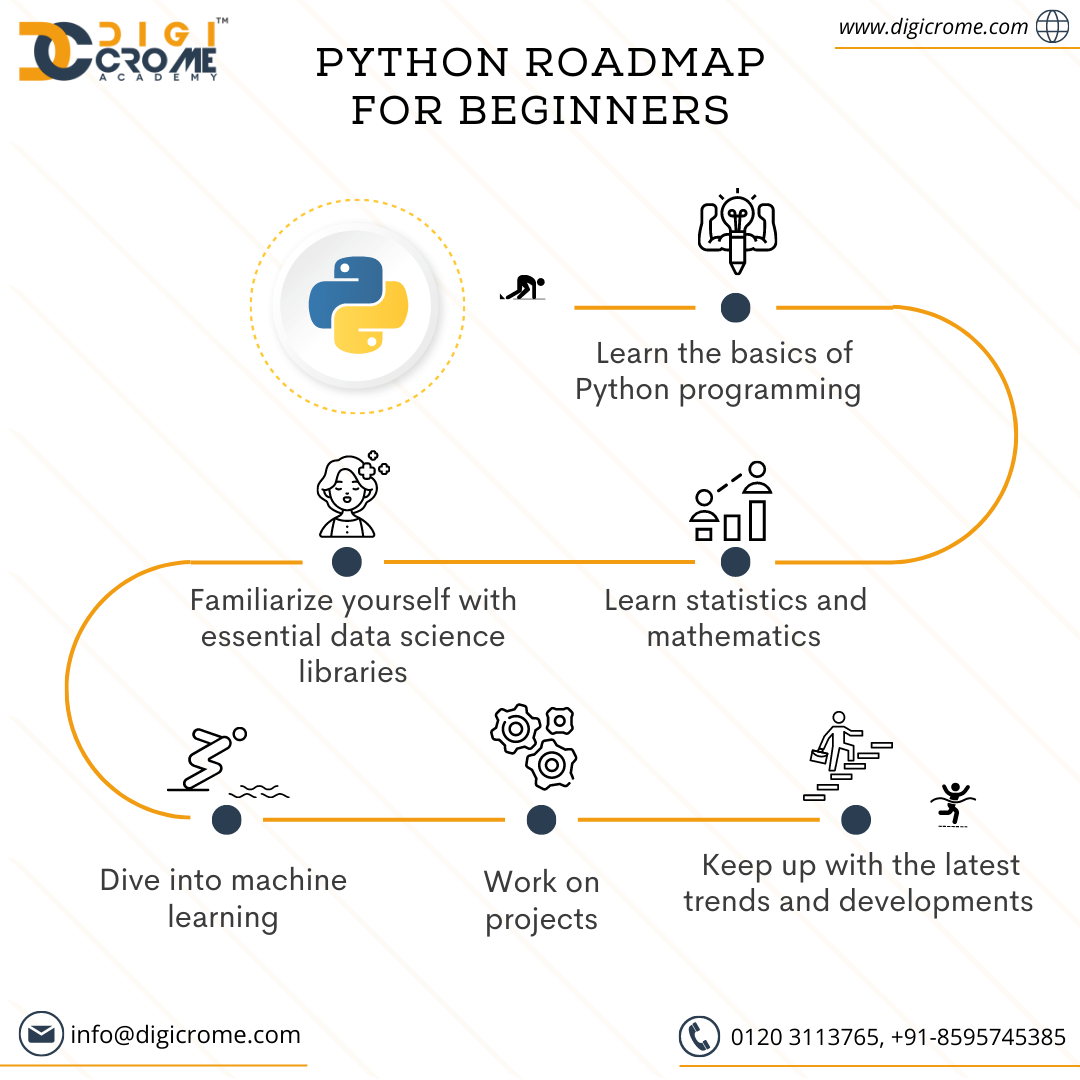
Before diving into Python, make sure you have the necessary tools:
Install Python: You can download the latest version of Python from the official website (https://www.python.org/downloads/). Make sure to select the correct installer for your operating system (Windows, macOS, or Linux). Text Editor or IDE: A text editor like Notepad++ or Sublime Text is sufficient. Alternatively, you can use an Integrated Development Environment (IDE) like PyCharm, Visual Studio Code, or Spyder. Code Completion Tool: Install a code completion tool like AutoComplete for Python to enhance your coding experience.Step 2: Learn the Basics
Python's syntax is easy to understand, and it's essential to grasp the basics before moving forward:
Variables: Understand how to declare and use variables in Python. Data Types: Familiarize yourself with basic data types (strings, integers, floats, booleans). Operators: Learn about arithmetic operators, comparison operators, and logical operators. Control Flow: Study if-else statements, for loops, while loops, and functions.Step 3: Practice
Practice is key to learning any programming language:
Code Challenges: Start with basic coding challenges on platforms like HackerRank (https://www.hackerrank.com/), LeetCode (https://leetcode.com/, or CodeWars (https://codewars.com/). Real-World Projects: Apply your knowledge by working on real-world projects, such as: Command-line tools Simple games (e.g., Tic-Tac-Toe) Web scrapersStep 4: Expand Your Knowledge
Once you've grasped the basics, explore more advanced topics:
Object-Oriented Programming: Learn about classes, objects, inheritance, and polymorphism. Decorators: Understand how to use decorators for function modification and execution. Modules and Packages: Study how to import and create your own modules and packages.Step 5: Stay Up-to-Date
Keep learning by staying current with:
Reddit's r/learnpython: Engage with the community, ask questions, and learn from others. Python Podcasts: Listen to podcasts like "Talk Python To Me" (https://talkpytomemepodcast.com/), "Python Weekly" (https://pythonweekly.com/), or "The Python Podcast" (https://www.pythonpodcast.com/). Blogs and Newsletters: Follow popular Python blogs, newsletters, and online magazines to stay informed about new libraries, frameworks, and best practices.Bonus Tips
Read Documentation: Python's official documentation is a treasure trove of information. Join Online Communities: Participate in forums like Reddit's r/learnpython, Stack Overflow, or GitHub communities. Take Online Courses: Utilize online courses on platforms like Udemy, Coursera, or edX to expand your skills.In conclusion, starting Python programming as a beginner requires patience, persistence, and practice. By following these steps, you'll be well-equipped to tackle more advanced topics and become proficient in this versatile language. Happy coding!
How to start python programming for beginners online
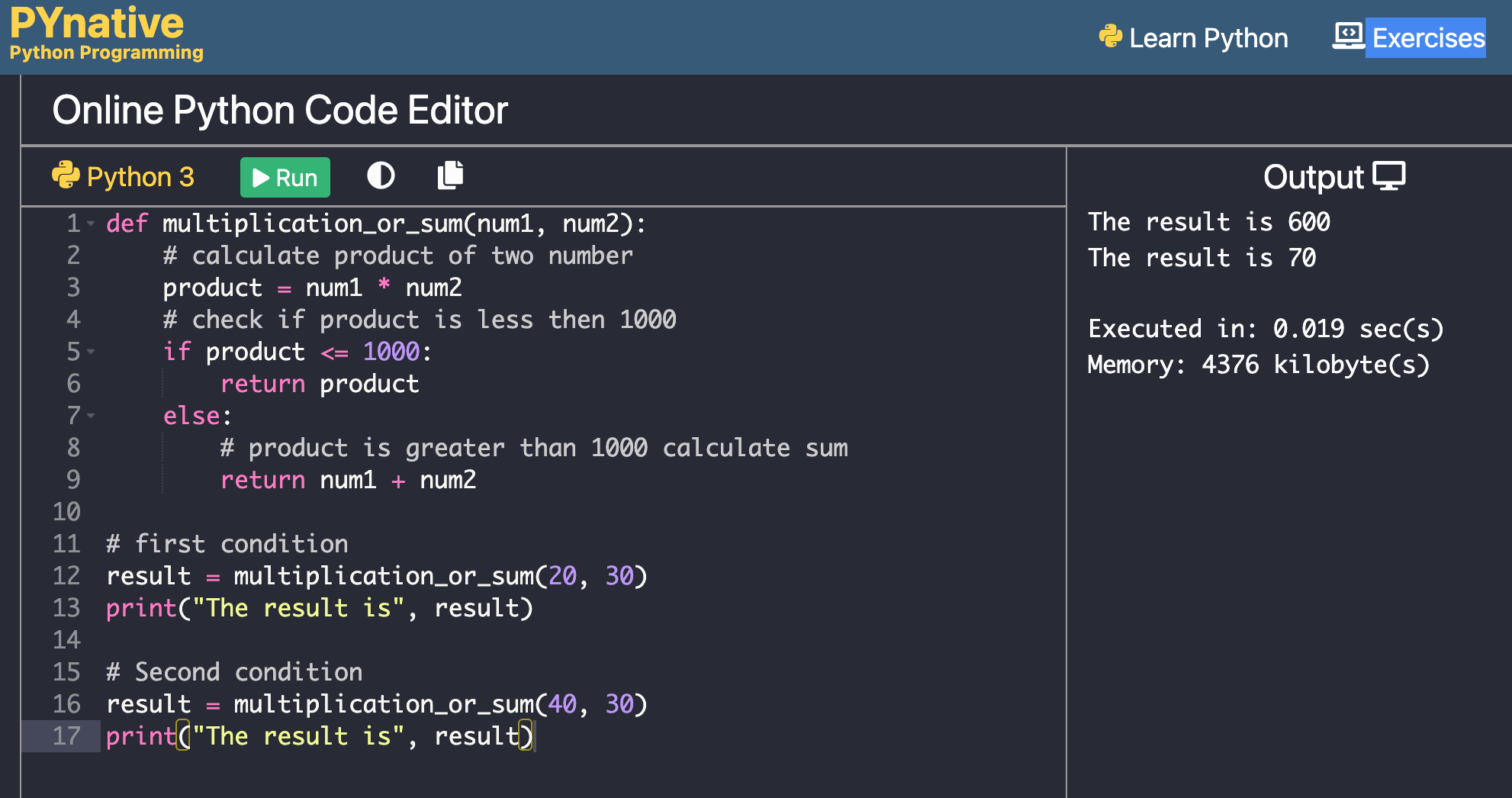
Starting Python programming can seem intimidating at first, but with the right resources and a solid foundation, you'll be writing code like a pro in no time! As a beginner, it's essential to start with the basics and gradually build your way up to more advanced topics. Here's a step-by-step guide on how to get started with Python programming online:
Step 1: Choose the Right Resources
There are numerous websites, tutorials, and courses available online that can help you learn Python. Some popular resources include:
Codecademy's Python Course (interactive coding environment) Python.org (official Python website with tutorials and guides) Coursera's Python Specialization (University-level course on Python programming) edX's Introduction to Python Programming (online course by the University of Michigan)Step 2: Get Familiar with Basic Concepts
Before diving into code, it's essential to understand the fundamental concepts of Python. Start by learning about:
Variables and data types Operators and control structures (if-else statements, for loops, etc.) Functions and modules Data structures (lists, dictionaries, sets)Step 3: Practice with Online Tutorials
Once you have a solid grasp on the basics, start practicing with online tutorials. These can be:
Interactive coding environments like Codecademy or Repl.it Python-specific websites like W3Schools' Python Tutorial or Python.org's Guide to Writing Python ProgramsStep 4: Work on Projects
As you gain more confidence in your skills, start working on real-world projects that interest you. This could be:
A simple calculator program A game like Tic-Tac-Toe or Hangman A script to automate a task on your computerStep 5: Join Online Communities and Forums
Python has an extensive online community of developers, learners, and enthusiasts. Join forums like Reddit's r/learnpython, Stack Overflow, or Python-specific subreddits to:
Get help with problems you're facing Learn from others' experiences and code snippets Share your own projects and get feedbackStep 6: Read Books and Documentation
For a deeper understanding of Python concepts and best practices, read books like:
"Python Crash Course" by Eric Matthes "Automate the Boring Stuff with Python" by Al Sweigart The official Python documentation (docs.python.org)Step 7: Take Online Courses or Attend Workshops
Consider taking online courses or attending workshops to gain more hands-on experience and learn from experts. These can be:
Udemy's Python Programming Course Pluralsight's Python Fundamentals Course In-person coding bootcamps or meetupsConclusion
Learning Python programming requires dedication, patience, and practice. By following these steps, you'll be well on your way to becoming a proficient Python programmer. Remember to:
Start with the basics and build from there Practice regularly to reinforce new concepts Join online communities for help and feedback Read books and documentation for a deeper understandingHappy coding!
